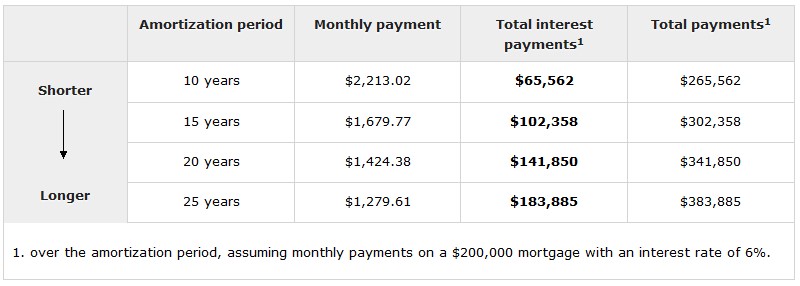With Canada’s big banks defending sales practices at nearly every public forum, a new scandal may be just around the corner.
In the last several weeks, several articles have been printed about the big banks forcing employees to mislead or even directly lie to their customers to increase sales. The articles have struck a chord and it’s forced Canada’s big banks to defend their sales practices. No one wants to see a repeat of the Wells Fargo scandal in 2016. The U.S. bank publicly apologized and paid large penalties after it opened millions of unauthorized accounts and credit cards on behalf of clients.
At annual general meetings with shareholders in the past ten days, the CEOs of TD, BMO and Scotiabank all downplayed the reports of slimy sales tactics.
Scotiabank Chief Executive Brian Porter told shareholders at the bank’s annual meeting on April 4, 2017 he believed the bank’s sales practices were “very sound”. Porter said that out of 400 million interactions between the bank’s clients and employees, Scotiabank received eight complaints about sales practices last year.
TD Bank CEO Bharat Masrani on March 30, 2017 at the bank’s annual shareholder meeting said the company has enlisted the help of an outside company to review its business practices because of the reports.
Speaking at the Bank of Montreal’s annual meeting on April 4, 2017, Bank of Montreal CEO Bill Downe said the bank has “rigorous disciplines” in place to make sure that top-level executives are aware of what’s happening on the sales floor.
With pressure about illegal sales tactics at the big banks building, The Financial Consumer Agency of Canada (FCAC) stepped into the fray. In February, 2017 the FCAC released the letter “B-5 Consent for new products or services.” In the letter, the FCAC reinforced its expectations about consumer consent. The letter stated, “Institutions must ensure any communication (verbal, written or electronic) with consumers that forms part of the interaction for seeking express consent is clear, simple and not misleading.
The big banks will need to keep defending their sales practices.
At Vertuity Mortgage, we hear the stories about the big banks all the time. Wanting to be the best choice, we encourage prospects to talk with other mortgage companies to ensure they are making the best decision for them. Inevitably, prospects visit the big banks. In addition to limited choices, the prospects often come back to us with stories of high pressure selling tactics.
We don’t need to defend ourselves. We don’t use high pressure sales tactics and we don’t pressure people into anything. We discuss our customer service process early and openly. Our “Hassle Free Process” walks our clients easily through the process of getting the right mortgage. Because of our buying power, we are able to obtain lender’s rock bottom lowest interest rates upfront without any need for negotiating.
We don’t need to pressure people into working with us. We work hard at finding the right mortgage for our clients.
We’ve spent the last 15 years in Winnipeg helping people all across Canada with their mortgage financing needs. Unlike the big banks, we will give you honest advice and recommend the best product to fit your needs. We will have your best interest in mind and find a solution that suits you and your family at this time in your lives.
We’ll continue to watch the big banks defending their sales practices while we work hard getting the right mortgage every day for our clients.
